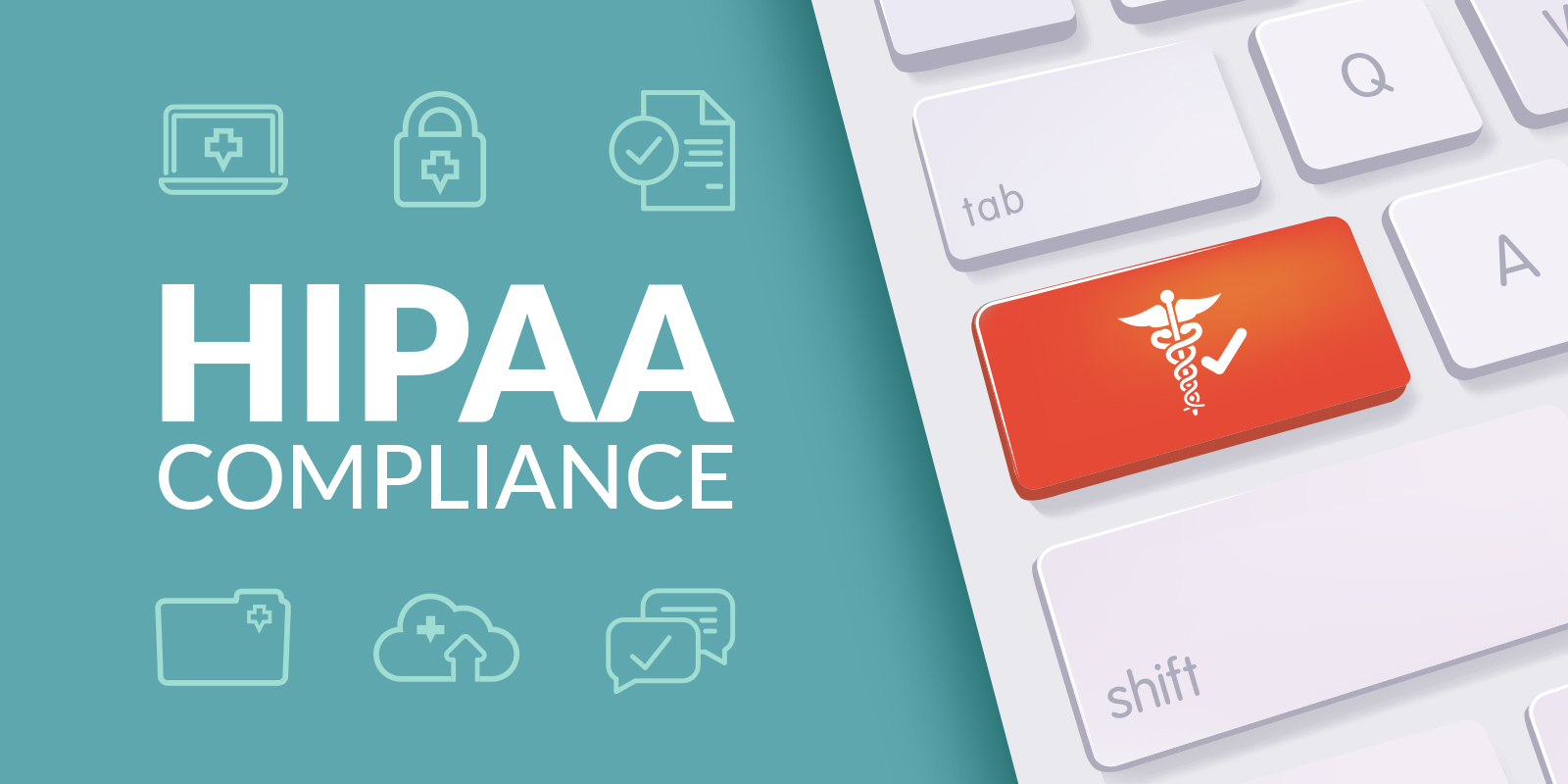|
Getting your Trinity Audio player ready...
|
The vast majority of hospital websites collect information. This might be happening even if you aren’t aware of it. As a result, ensuring your website complies with HIPAA regulations is critical. Even unintended data breaches can have serious consequences, both for your patients and your reputation.
Securing your website and protecting sensitive patient data does not have to be a big and stressful project. The first step is to ascertain your risk and take an intentional approach to HIPAA compliance.
How Can You Create HIPAA Compliant Websites?
Many hospital websites are built on the WordPress platform. However, WordPress is not inherently HIPAA compliant. However, it is capable of creating HIPAA compliant websites.
That’s true of other website builders as well.
So, whether you’re using WordPress or building a hospital website from the ground up, you will need the right tools and strategies to protect patient data and achieve compliance. Here are some key considerations:
- Secure Hosting: Use a HIPAA-compliant web hosting provider to ensure data at rest and in transit is encrypted and secure. Providers like True Vault, Amazon Web Services, Microsoft Azure , Rackspace, Armor (previously Firehost), HIPAA Vault (formerly VM Racks), atlantic.net, Liquid Web are robust solutions.
- Security Measures: Implement SSL encryption, access controls, audit trails, and regular security scans to identify and address vulnerabilities. This includes encryption (SSL), access controls to limit who can view data, activity logs to track user activity, and regular security scans to identify and fix vulnerabilities.
- Data Storage: Develop a clear system for storing, transmitting, and deleting Protected Health Information (PHI). This includes developing and enforcing secure data storage solutions and procedures for handling patient requests for access or deletion of their data.
- Administrative Safeguards: Implement strong passwords, two-factor authentication, and rate limiting for admin accounts to protect against unauthorized access. If you use vendors to manage data, ensure a Business Associate Agreement (BAA) is in place.
- Trusted Plugins: Use plugins only from trustworthy sources and ensure they are updated regularly. Security plugins like Wordfence can help enhance the security of your site.
- SaaS Integration: For complex data integrations, explore HIPAA-compliant SaaS providers or develop secure internal interfaces.
- Web Forms: Ensure any web forms collecting patient data are encrypted in transit and comply with HIPAA regulations. Double-check data collection practices and only request necessary information.
- Risk Analysis: Perform a thorough risk analysis and implement necessary safeguards to mitigate identified risks.
The goal of HIPAA compliance is to keep patient information secure. By taking a thoughtful approach to the above areas and working with a HIPAA-compliant website development partner, you can ensure your website meets all regulatory requirements while providing a user-friendly experience for your patients.
Whose Responsibility is HIPAA Compliance?
Many hospitals don’t build their own websites. Instead, they work with third party vendors to design, develop, and publish their web presence. Does this mean that hospitals are then off the hook for any PHI breaches? Not necessarily. Third party vendors such as web design firms are often covered by Business Associate Agreement rules.
This means that if your website collects PHI in any form, your vendors must protect that information as vigorously as you would. And when it comes to your website, PHI can be hiding in some often overlooked areas. These can include:
- Contact and submission forms.
- Cookies and website trackers.
- Google analytics and other similar tools (depending on the version).
- Apps associated with your website.
- And more.
For hospitals of all sizes, it’s critical to work with vendors that understand HIPAA and who can help you protect PHI.
Are you Considering Revamping Your Website?
Given the complexity and strict requirements of HIPAA compliance, some hospitals may consider developing a custom website from scratch. This approach offers several advantages:
- Custom Solutions: A custom-built website can be designed specifically to meet HIPAA compliance requirements from the ground up, ensuring greater security and easier maintenance.
- Compliance Assurance: Hospitals can work with HIPAA-compliant hosting providers and develop patient portals and web forms that adhere to all necessary regulations.
- Specialized Vendors: If in-house expertise is limited, partnering with vendors who specialize in HIPAA-compliant website development can ensure that all aspects of compliance are meticulously addressed.
A custom website may not be the perfect solution for everyone. But for many hospitals, this approach offers a degree of control and customizability that is otherwise difficult to achieve.
Discover the Right-Size HIPAA Solution
Every hospital must find the right solution for their needs. That’s why it’s important to work with your compliance team and with stakeholders across your hospital system to ensure your website is compliant and functional. As websites become more important to patient outreach, marketing, and patient communication, protecting PHI and ePHI is critical.
Don’t wait until a security breach puts your patients and your reputation at risk! Ultimately, the best solution depends on your specific needs and resources. PatientX is here to help you navigate the path towards a secure and HIPAA-compliant website for your hospital. Contact us today to discuss your options for building a secure and HIPAA-compliant website for your hospital.

